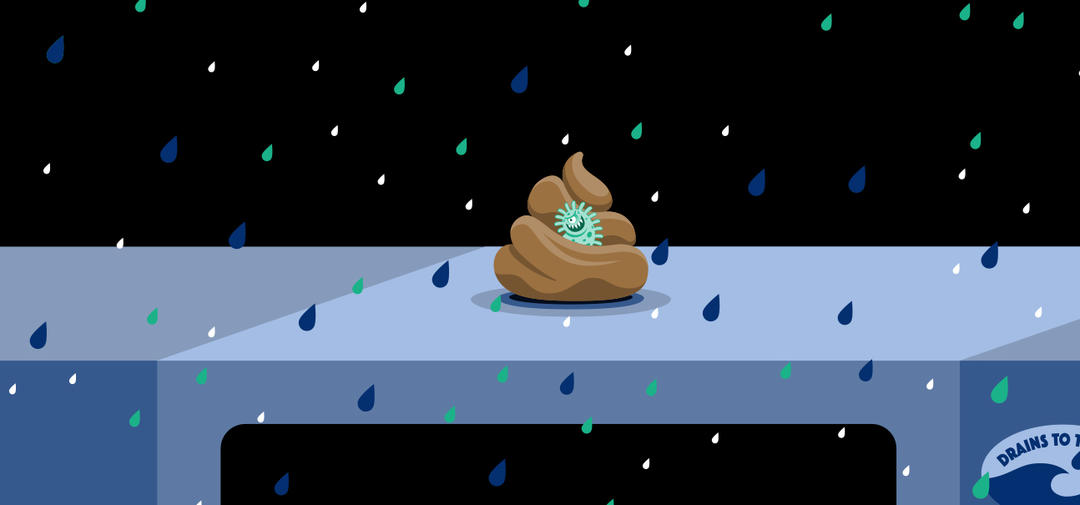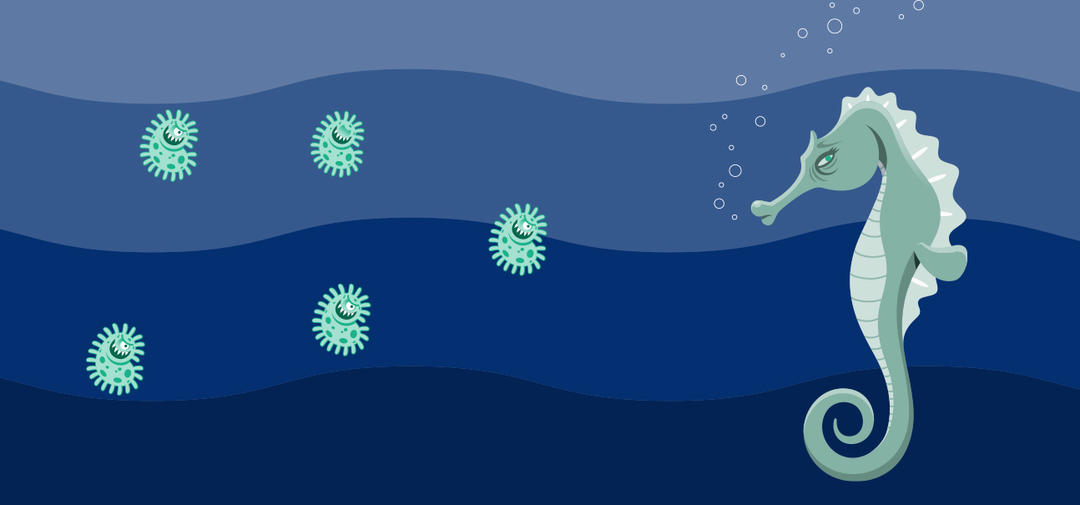Scoop the Poop!
We’re all spending more time at home and while our pups may be our best friends, they aren’t as nice when it comes to cleaning up after themselves. Pet waste is a common stormwater pollutant that impacts our water quality and can introduce harmful bacteria into our ecosystem. Make sure to #ScoopthePoop to keep #SanDiegoBay clean for us and the fishies!

- Pet waste is a common stormwater pollutant that impacts water quality.
- When not properly disposed of, pet waste can infiltrate watersheds, storm drains and eventually recreational waters.
- Pet waste is identified by the EPA as a nonpoint source of pollution; nonpoint pollution is pollution that comes from several sources and not one single source.
- Bacteria, parasites and viruses found in pet waste have the potential to make people sick.When water such as rain or lawn watering comes in contact with pet waste, the resulting runoff has been found to contain high concentrations of pathogens such as bacteria, parasites, and viruses.
- DYK: 1 gram of dog waste may contain approximately 23 million coliform bacteria
- Coliform bacteria is a type of indicator bacteria - when present it is often strongly correlated with other pathogens that can cause sickness and illness to people and wildlife.
More ways to take care of your bay:
We know you love your bay, you own it, you want to take care of it, it’s your number one priority; you are ready to change your relationship status to make it official. Okay, maybe that’s a bit much, but we all love San Diego Bay and want to be sure it stays the pristine natural resource it is for generations to come. When you visit, we want you to say to yourself, #ThatsMyBay! And sometimes, it just takes a simple reminder not to take your bay for granted. So the Port of San Diego is here with helpful tips and suggestions on how we can all do our part to keep our bay looking classy, not trashy!

